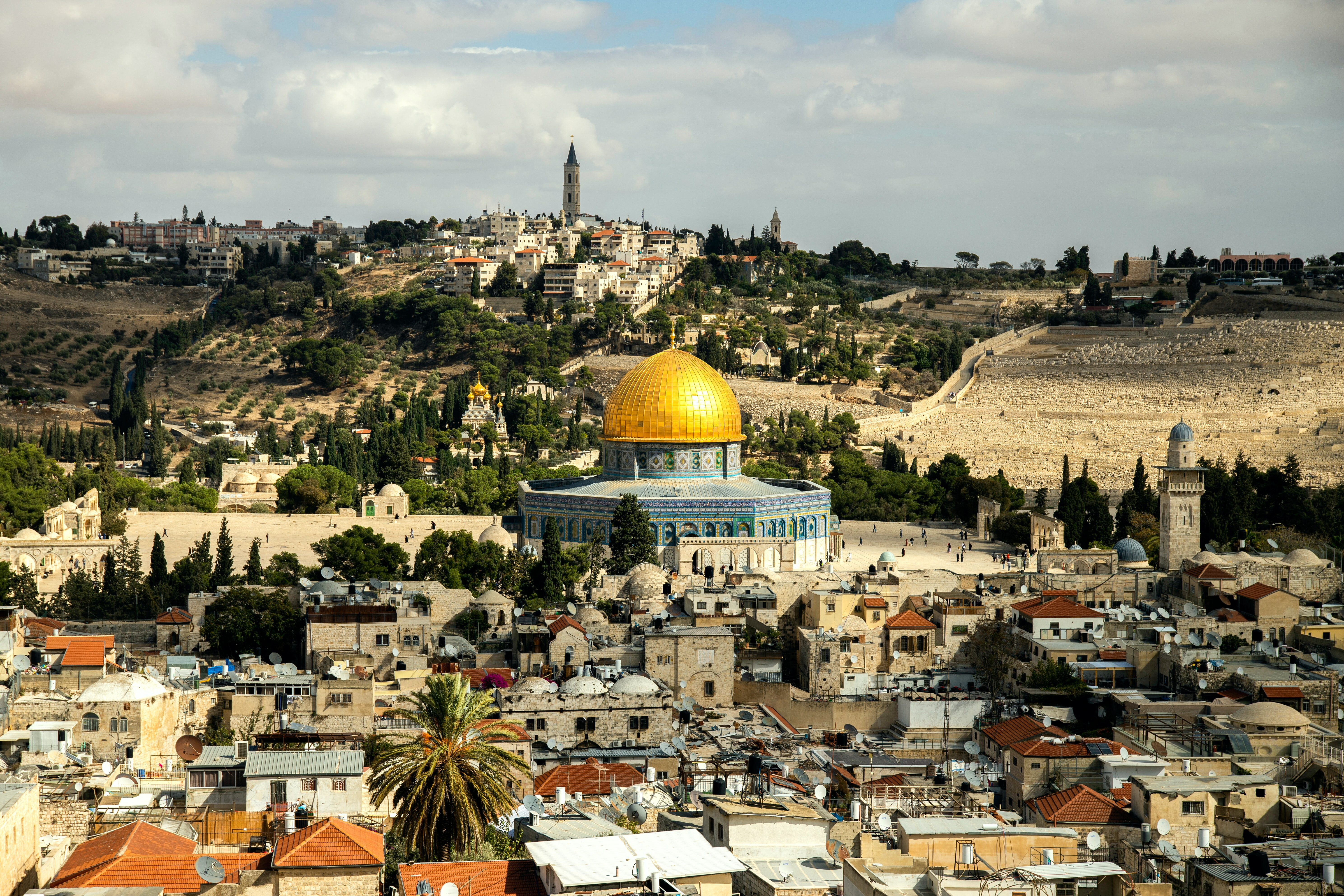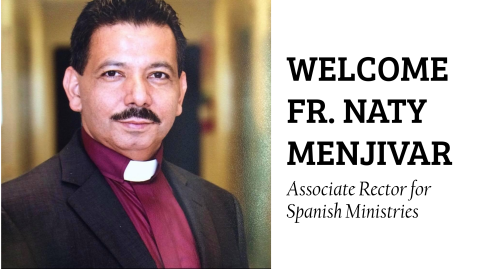Chapter 24 of Isaiah is a hymn of judgement that celebrates the final arrival of the Almighty God to Mount Zion, where he will make his eternal dwelling place. Towards the end of this hymn we see a group of elders join God on this mount, as the elders of Israel joined Moses and God on Mount Sinai at the giving of the law many centuries before. These elders will dwell with God forever because they were the only ones who saw the glory of God and responded in worship and praise. As for the rest of creation, they will be judged in a severe way. Isaiah says, “The Lord is going to lay waste the earth and devastate it.” This devastation will apply to all, whether priest or lay, master or servant, rich or poor. This judgment is the result of the people’s disobedience. They have defiled the earth, disobeyed God’s laws, and broken the Covenants.
The passage describes Jerusalem as “The ruined city,” which “lies desolate.” And, as when the bank repossesses your house, “The entrance to every house is barred, and all the joyful sounds are banished from the earth.” Worse yet, all these terrors befall on God’s people as well as on all the nations of the earth. “Terror, pit and snare await you, people of the earth.” All these disasters will happen on “The Day of the Lord,” when God will punish “the powers of the heavens above and the kings of the earth below.” The only people who survive this great disaster are the elders at the mount. Even “the moon will be dismayed and the sun ashamed” when confronted with God’s awesome power.
Rehearsing the original communion of God with Moses and the elders, at the time when the Law was given to Israel on Mount Sinai, the final communion between God and his Elders (saints) on Mount Zion will also include a upper. This detail is customary at the establishment of all covenantal (contractual) relationships in Israel. After contracts are ratified, all parties involved participate in a communal meal to celebrate the new terms of the contract, covenant, union, or merger. This will be the case at the end of days as well.
Isaiah 25:6-9 gives a description of this meal in exquisite detail: (a) God himself will be the host of this banquet. He will make a feast of rich food, filled with marrow, and well-aged wines, strained clear. (b) God himself will choose the guest list. Five times in three verses do we hear that the guest list is none other than “All peoples.” (c) Then, God himself will destroy death itself. He will “Swallow it up!” This shroud that covers all nations will be taken away. The last enemy will be vanquished forever. (d) “Then God will wipe away the tears from all faces, and the disgrace of his people he will take away.” (e) The people at the mount will then say, “This is our God; we have waited for him, so that he might save us. This is the Lord for whom we have waited; let us be glad and rejoice in his salvation.”
It would be inaccurate to say Isaiah is talking about a banquet in Heaven or the ever-after. In fact, the concept of eternal life after death is not developed until centuries later. This banquet God celebrates in Chapter 25 takes place here on earth, and the elders enter the eternity of God without the necessity of death. Remember that death has been swallowed up forever at this point. Having said this, however, we know this passage is extremely important to Paul’s view of eternal life, as we see in 1 Corinthians 15:54, “When this perishable body puts on imperishability, and this mortal body puts on immortality, then the saying that is written will be fulfilled: ‘Death has been swallowed up in victory.’” Revelation 21:3-4 also uses this passage when describing John’s heavenly vision, “And I heard a loud voice from the throne saying, ‘See, the home of God is among mortals. He will dwell with them; they will be his peoples, and God himself will be with them; he will wipe every tear from their eyes. Death will be no more; mourning and crying and pain will be no more, for the first things have passed away.’”
Against a cultural and religious climate of singularity (We and we alone are the chosen people,) God in Isaiah preaches a message of universal inclusivity. God is as concerned with the sin of the nations as the sin of Israel. God is as deeply desirous that Israel might be saved as he is that the whole world might be saved. Remember John 3:17, “Indeed, God did not send the Son into the world to condemn the world, but in order that the world might be saved through him.” God’s banquet will have a guest list composed of people from every tongue, every nationality, and every socio-political background.
Some ask me if non-Christians will go to heaven, some worry about the Jewish people, some become even more particular and wonder if certain Christian denominations will be saved. Many Christian pastors pretend to have a copy of the guestlist. They know who will be saved, and where in heaven they will reside. I have always looked at their certainty with a bit of envy (Even erroneous certainty can lead to hope.) But mostly, I look at that type of certainty as exclusionary and pretentious. I have read this passage several times and I cannot find any specific qualifications for the nations invited to the banquet. The logical conclusion is that this is God’s party and he has the right to invite whomever he wants. I believe it is okay to say that as Christians we believe Jesus to be the truth, the way, and the life, and that nobody goes to the Father except through him. What we cannot say is, “Therefore this group is condemned, that one is saved, this one is on the waiting list, and that one may or may not make it (it all depends on how they behave before they die.)”
Who are we to tell God whom he can save? I caution all of those who are very busy building walls of separation: Be careful you are not on the opposite side of the wall from God and all those people you are so quick to dismiss.
May God continue to bless you,
Fr. Roman+





